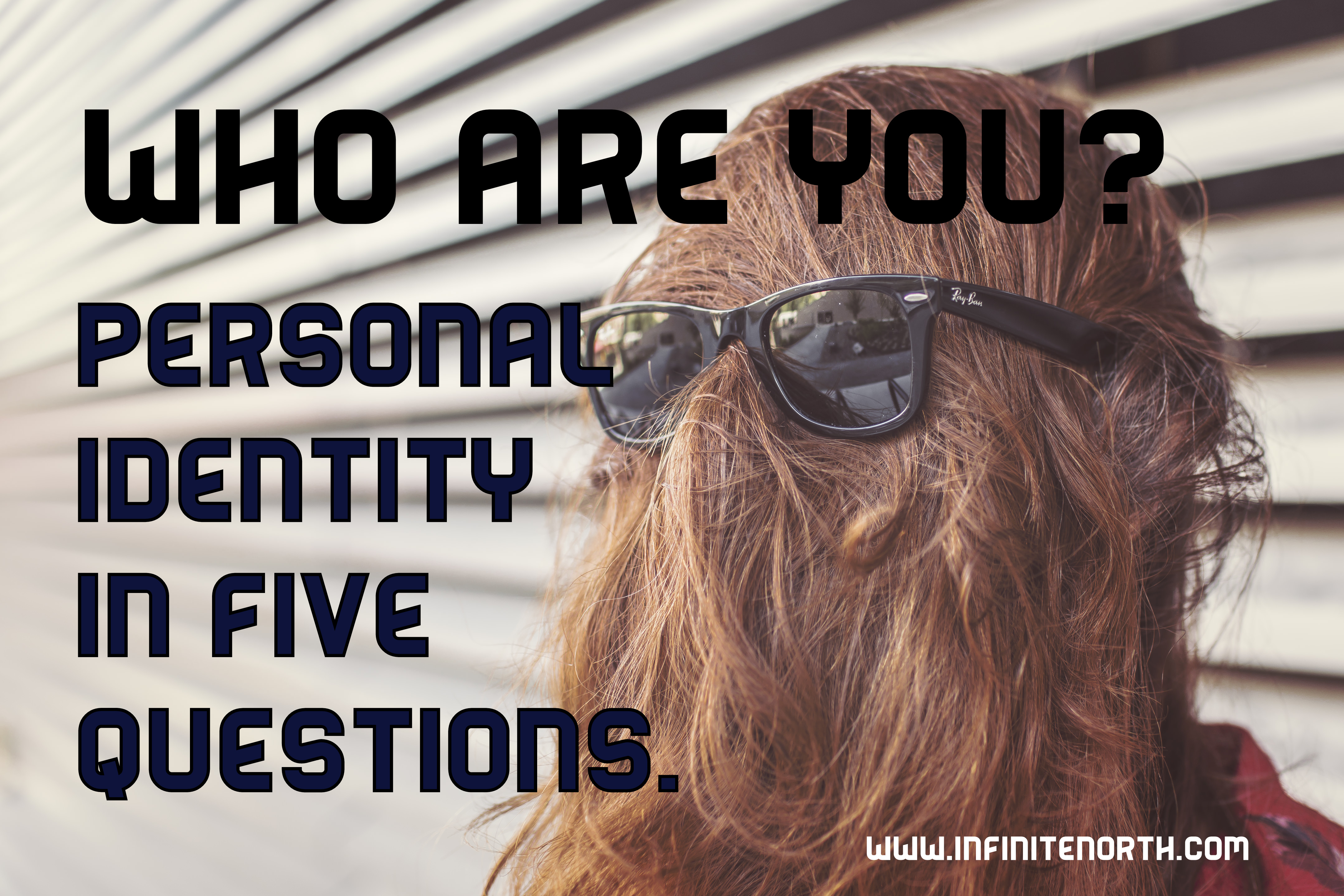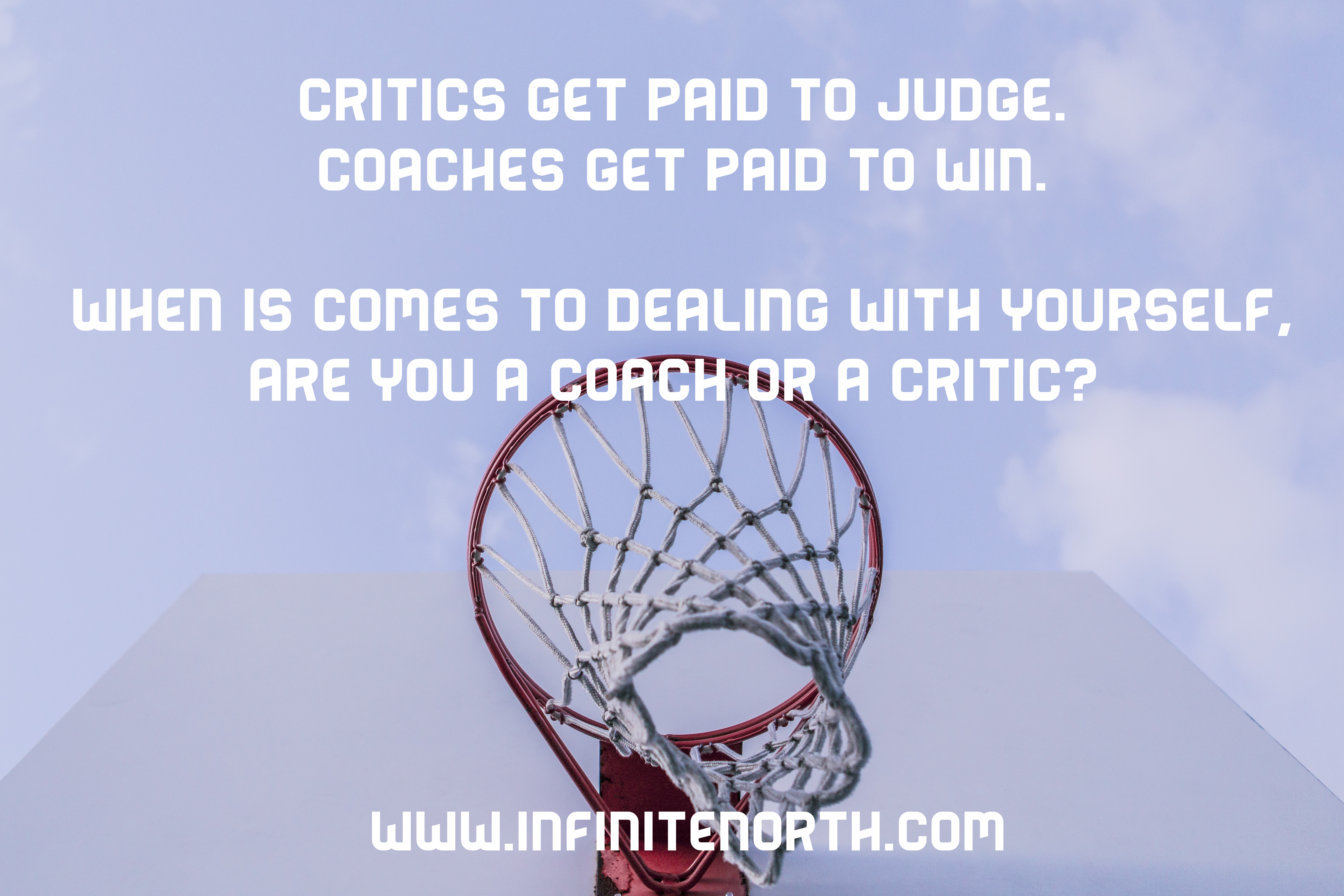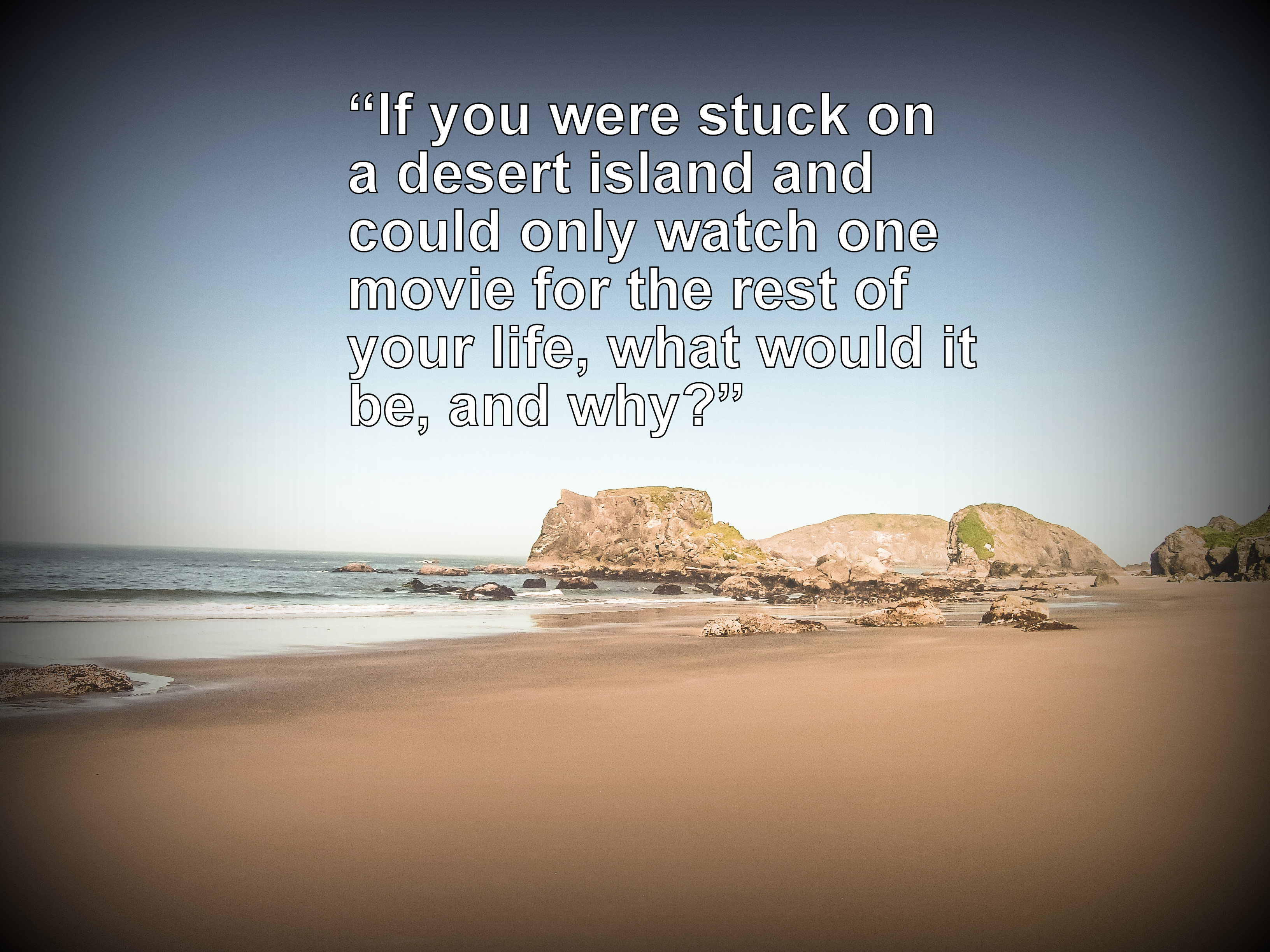Philosophers have been working since the dawn of time to determine the meaning of life, to understand the purpose of human existence. We’ll leave the existential questions to the philosophers. Let’s tackle something slightly less complex (but still perplexing at times). Seeking and finding personal identity be an exhausting quest. It requires some reflection and meaningful deliberation, but identity can effectively be boiled down to five questions.
What’s your name?
What’s title best describes your role?
What larger community do you affiliate yourself with?
What pain has shaped you?
What’s achievement or value drives you through life?
Full disclosure – I pulled these questions from a movie, Glatiador (2001). As you can see in the text below, Maximus states his name, his professional titles in the military. He pledges his allegiance to Marcus Aurelius then describes the trauma he has suffered before proclaiming his primary mission in life is vengeance*.
My name is Maximus Decimus Meridius, Commander of the Armies of the North, General of the Felix Legions, loyal servant to the true emperor, Marcus Aurelius. Father to a murdered son, husband to a murdered wife, and I will have my vengeance, in this life or the next.
The video provides context for the scene, making it clear that Maximus, by sharing his personal identity, has literally put his life at risk. His titles, affiliations, traumas, and his purpose put him at risk to be murdered. Even now, there are people that put themselves in harms way when sharing their authentic identity. Associating with certain religions, sexual orientations, and beliefs can (and does) put people of risk of being assaulted and killed in some situations.
Even if you won’t be physically harmed, professing affiliations and core motivations leaves you at risk. To be authentic is to be vulnerable. You make yourself vulnerable to social judgement, ridicule, and marginalization. People can use your pain and ambitions to manipulate or hurt you. While these risks are real, there is great value in sharing your authentic self.
Without embracing your identity, without sharing it with others, it becomes almost impossible to cultivate genuine social connections. Relationships remain superficial until both people involved are vulnerable and authentic. The five questions listed above are important for understanding yourself, but the answers become infinitely more powerful when you gain the courage to share them with the people around you. Could you share that identity with your friends? Your family? Your coworkers? A stranger on the street? A stadium full of people? To share yourself completely is to accept completely and to trust completely. Are you ready for that?
*Revenge is an extremely popular plot device; however, it rarely leads to healthy mental and emotional functioning outside of these fictional stories.





